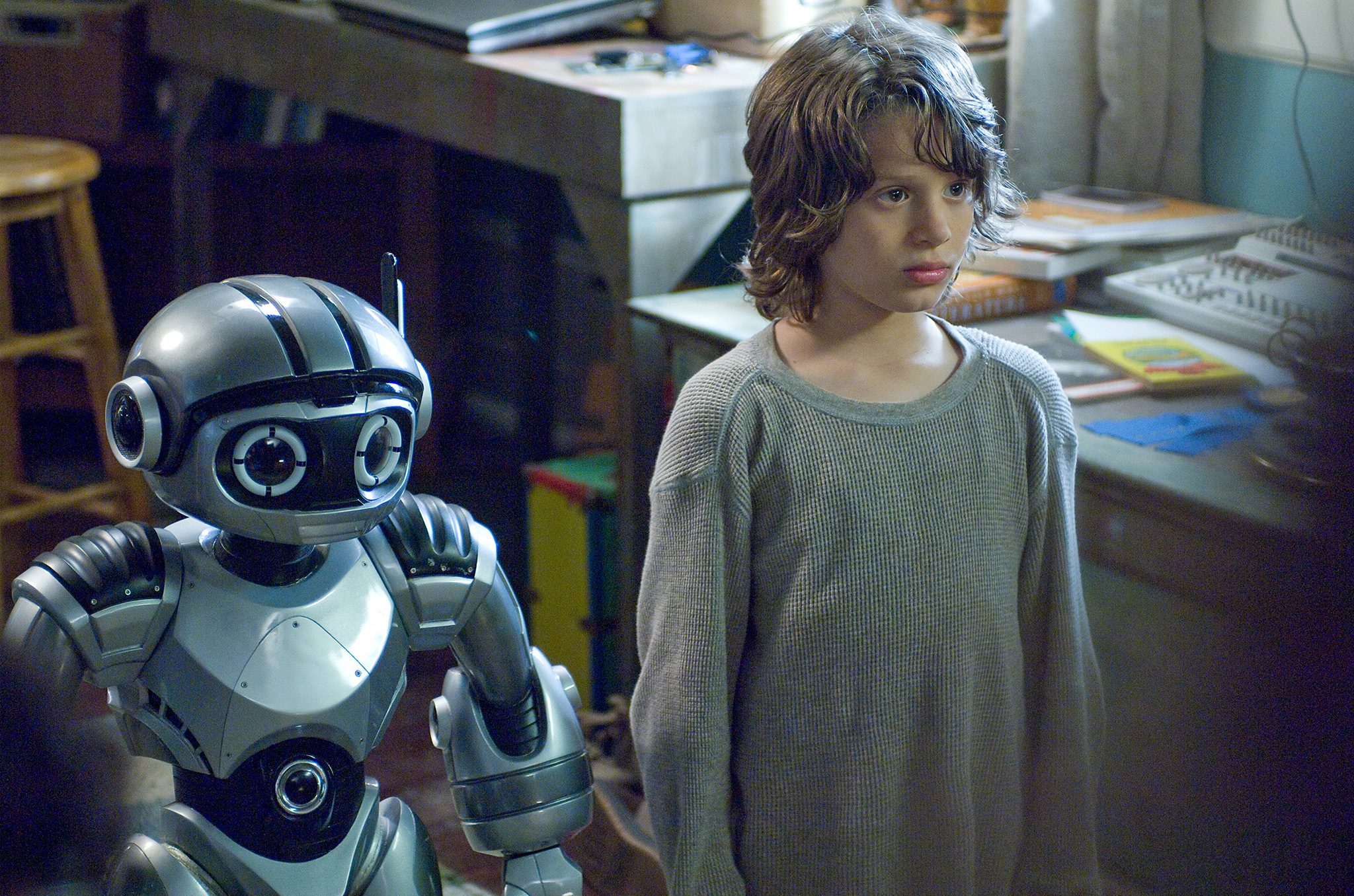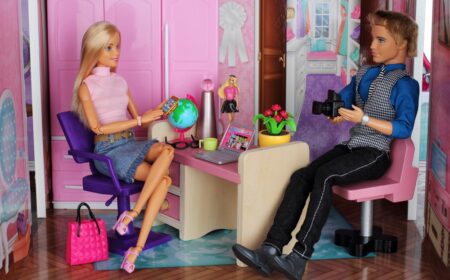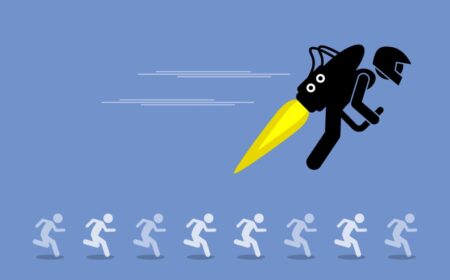Humanoid robots proved more useful for kids than psychologists
Scientists discovered that robots can better detect psychological issues in children than humans

In a study with 28 children aged 8 to 13, a team of roboticists, computer scientists, and psychiatrists from the University of Cambridge used a child-sized humanoid robot to give a set of common psychological questionnaires to gauge each participant’s mental health.
The kids were willing to open up to the robot, sometimes telling it things they hadn’t told anyone else through the traditional assessment method of online or in-person questionnaires. This is the first time robots have been used to evaluate children’s mental health.
Professor Hatice Gunes, who oversees the Affective Intelligence and Robotics Laboratory at the Department of Computer Science and Technology in Cambridge, has been researching the potential benefits of socially-assistive robots for children, in addition to how they can be used as mental health ‘coaches’ for adults.
For the study, a Nao robot – a humanoid robot that stands about 60 cm tall – met with the participants one on one for 45 minutes. Members of the research team and parents/guardians watched from a distance. Children and their parents completed a common online questionnaire before each session to gauge each child’s mental health.
The researchers discovered that interacting with the robot resulted in higher ratings on the questionnaires for kids who might not be having issues with mental wellbeing. However, the robot may have given kids who could be having well-being issues a way to express their genuine emotions and experiences, which would have resulted in more negative response scores on the questionnaire.









